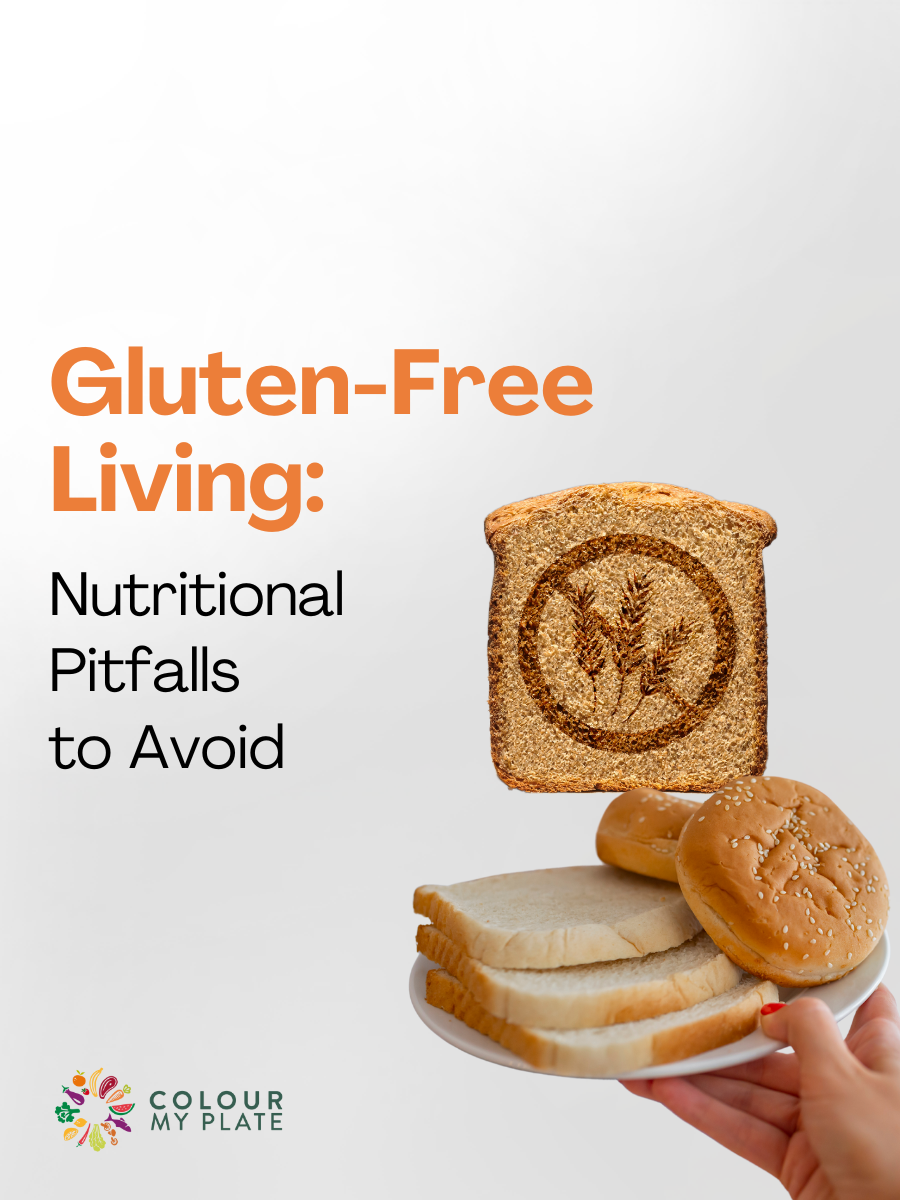
![]() 19 Feb 2025
19 Feb 2025
Adopting a gluten-free diet has become increasingly popular, especially for individuals with celiac disease, gluten sensitivity, or those choosing to eliminate gluten for health reasons. While it offers several health benefits, it’s important to stay mindful of potential nutritional pitfalls. Here are some common mistakes and how to avoid them.
Many gluten-containing foods, such as whole wheat, barley, and oats, are rich in essential nutrients like fiber, B vitamins, and iron. When switching to a gluten-free diet, people often replace these foods with processed alternatives that lack these vital nutrients. For example, manufacturers often make gluten-free bread and pasta with refined flours like rice or potato flour, which can be low in fiber and nutrients. To avoid this, focus on a variety of natural whole foods like quinoa, brown rice, and legumes that dont contain gluten to maintain nutrient density.
Many gluten-free packaged foods, such as cookies, chips, and snacks, are high in added sugars, unhealthy fats, and artificial ingredients. Eating them in excess can lead to weight gain and poor health. Instead, focus on whole foods like vegetables, fruits, lean meats, and gluten-free grains. When you do indulge in processed options, check the nutrition label and choose products with minimal additives.
Gluten-rich grains like whole wheat, barley, and rye are excellent sources of fiber, which are crucial for digestion and maintaining healthy blood sugar levels. Many gluten-free foods are made from refined flours, which lack fiber. To boost your intake, incorporate whole grains like quinoa, buckwheat, and brown rice, along with fiber-rich vegetables, fruits, and legumes.
It’s easy to over-rely on high-carb foods when eliminating gluten, which can lead to an unbalanced diet. A diet that’s too carb-heavy may cause blood sugar spikes and crashes. Balance your meals with lean protein sources like chicken, turkey, tofu, or fish, and healthy fats from avocado, nuts, seeds, and olive oil.
For those with celiac disease or severe gluten sensitivity, even trace amounts of gluten can trigger a reaction. Cross-contamination is a significant risk when eating out or preparing food at home. Always ensure that surfaces, utensils, and cooking equipment are thoroughly cleaned to prevent contact with gluten. When dining out, communicate your dietary needs clearly to ensure restaurants understand the importance of preventing cross-contamination.
Gluten-free living can be healthy and satisfying with the right approach. By focusing on whole, nutrient-dense foods and balancing your intake of fiber and macronutrients, you can maintain a balanced diet and enjoy the many benefits of this lifestyle.

We noticed you haven't completed your delivery details.

Your message is sent